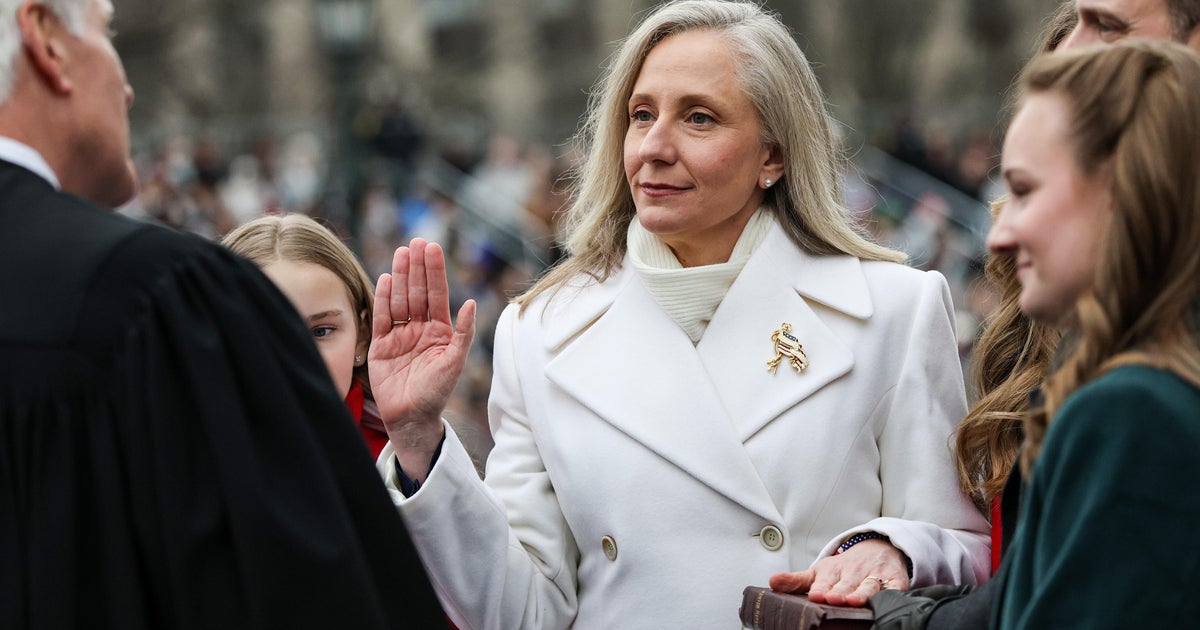Iowa's Senate advances bill to loosen child labor laws
Lawmakers in Iowa's Senate passed a controversial bill Tuesday that would allow minors to work longer hours and work in currently banned roles, like serving alcohol at restaurants, the Des Moines Register reported.
Supporters of the bill — mainly Republicans — said it would give children valuable opportunities to work and get paid, whereas opponents — largely Democrats — said it would harm children.
Although two Republicans defied their party and voted against the bill with Democrats, the measure still passed 32-17 in the GOP-controlled Senate. The bill requires approval from the Republican-controlled House and from Republican Gov. Kim Reynolds to become law.
The bill would allow kids under 16 to work up to six hours a day, which is two more hours than currently allowed for that age group. It would also allow 16- and 17-year-olds to serve alcohol at restaurants, with written permission from their parent or guardian.
"Ultimately, parents and kids will decide if they want to work or not," Reynolds has said favorably about the bill. "It teaches the kids a lot. And if they have the time to do it and they want to earn some additional money, I don't think we should discourage that."
The U.S. Department of Labor's top lawyer, Seema Nanda, disagreed, saying it is "irresponsible for states to consider loosening child labor protections."
Democrats and labor unions echoed that sentiment, saying the bill would increase the chance of workplace accidents and injuries among youth.
The Biden administration this month urged U.S. companies to make sure they aren't illegally hiring children to perform dangerous jobs, after an investigation found more than 100 kids working overnight and handling hazardous equipment — like skull splitters and bone saws — for a company that cleans slaughterhouses across the country.
The Labor Department says it has more than 600 child labor investigations underway, and officials are concerned about the exploitation of children, particularly migrants who may not even have a parent in the United States.







